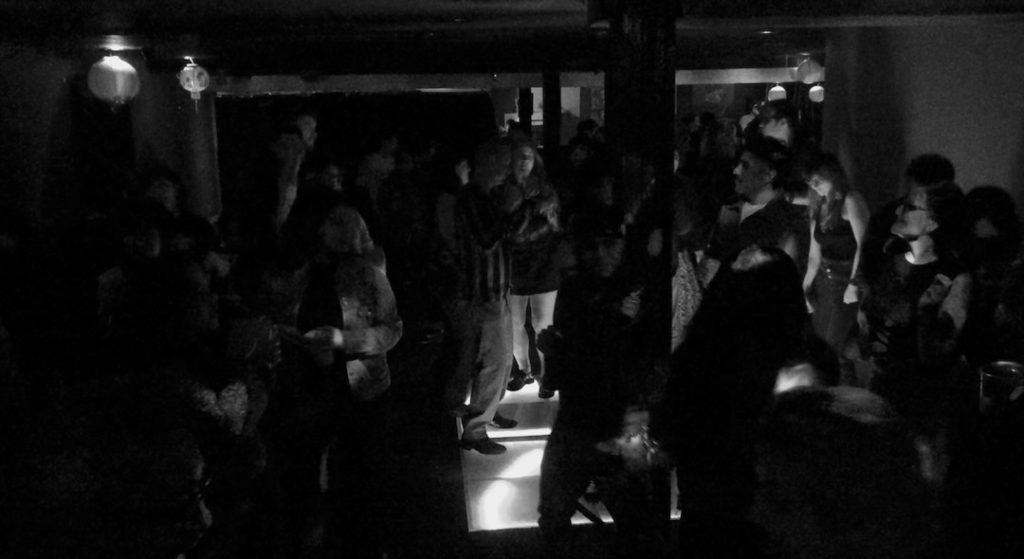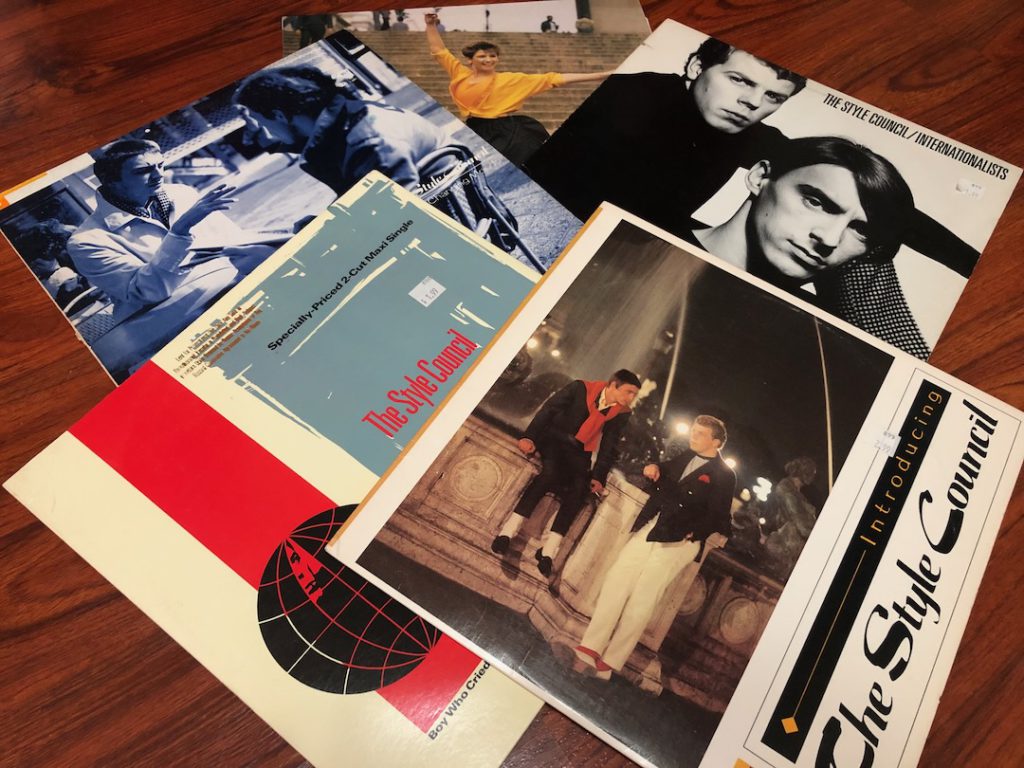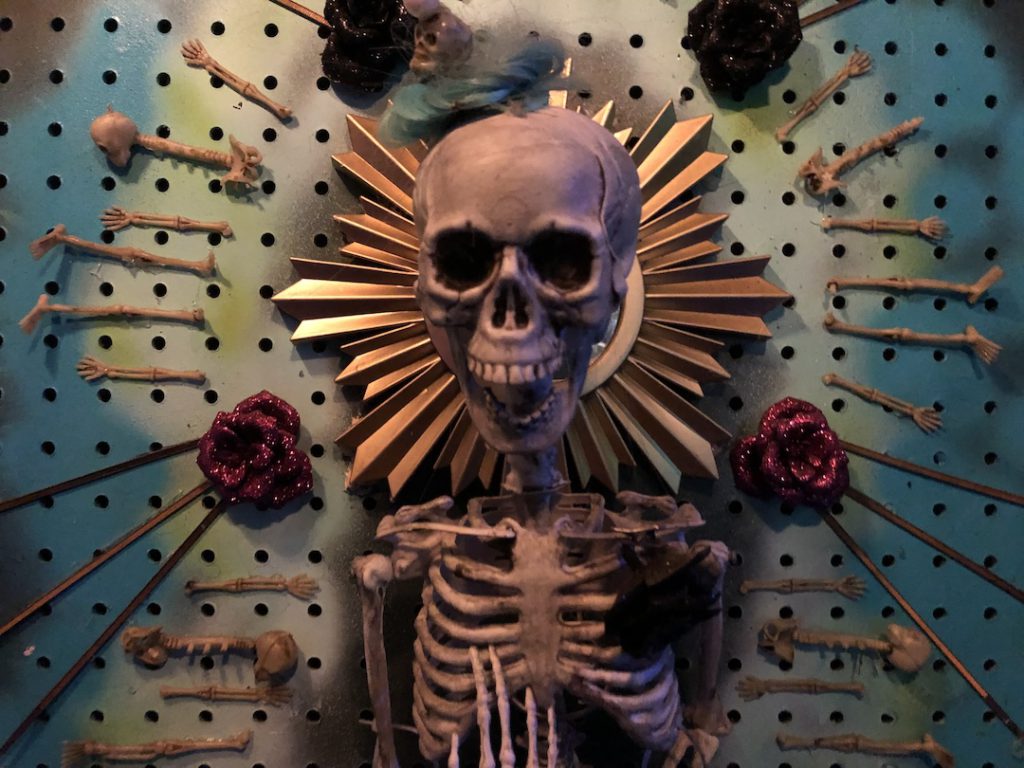
For the record, The Smiths are my favorite band and have been since I was 12. And, yet, I’ve never played an all-Smiths-related set before last night. It was Club Underground’s Smiths Nite and Rose Knows and I DJed in the theme room for the two-room event at the Grand Star. It was hard! Seriously, I *still* have The Smiths catalog committed to memory and this was easily the hardest set I’ve ever played. It’s one of those things where, at 10 p.m., you think there aren’t enough songs to fill a whole night and at 12 p.m., you realize you might get to half of what you wanted to play.
“Don’t forget the songs that made you smile/And the songs that made you cry.” (Rubber Ring)
At least “Rubber Ring” made it into the set. And “What She Said.”
Anyhow, thanks to everyone who hit the dance floor last night. You can catch Rose Knows for her Smiths Night at Cha Cha Cha Lounge this Thursday, May 22. Larry G. is at Grand Star Jazz Club for Club Underground every Friday night. IDK when I’m playing next, so just follow me on Instagram or check here on Wednesdays. My set list is below.
(more…)







